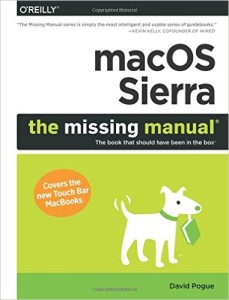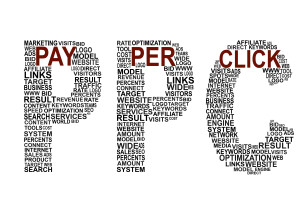Blog What Should Have Been in the Box
Talk about an “I-wish-I-had-thought-of-that” concept! I absolutely love the name O’Reilly Media® gave its series of manuals by David Pogue: “The Missing Manual® – the Book that Should Have Been in the Box”. The now-120 book series covers tech for amateurs topics such as iPhone use, Quickbooks, Windows10, Photos for Mac – an almost exhaustive list of how –to guides.
Precisely such a “how to” concept can be invaluable for us blog content writers. Why? Our biggest challenge is providing valuable information to readers while avoiding any hint of “hard sell”. Offering tips and helpful hints to consumers (stuff that may not have occurred to them but which helps them get the most out of the products and services they own or might purchase) may well strike the perfect note.
So what if you’re trying to promote a business or practice but don’t consider yourself an “expert” on all aspects of your field? In a recent issue of AARP magazine, I found an article that uses a “kill-two-birds-with-one-stone” approach to offering helpful hints. I think that approach could work really well in blogging to promote a business or professional practice.
The AARP article is titled “Great ways to save: tips from 20 experts that can save you thousands of dollars.” Wow! That gets readers’ attention – useful information coming to them not from any sponsor or vendor, but from twenty experts. What’s more, the authors have done all the work, collecting all this wisdom and serving it up for readers’ convenience. How would you as a business owner or practitioner use this strategy? Aggregate!
Aggregate? How? Find complementary businesses or practices and ask the owners for tips they can offer your readers (or simply cite their blogs, giving them credit for the ideas). Carpet cleaners can share information from allergists, pet care professionals and realtors. Restaurant owners can offer information gathered from etiquette advisors or food stores. Whatever the products and services, readers will be interested in information that helps them gain maximum advantage from buying and using them.
Blog what should have been in the box!




 Winning in life involves improving your game. My favorite magazine,
Winning in life involves improving your game. My favorite magazine,
Follow us online!